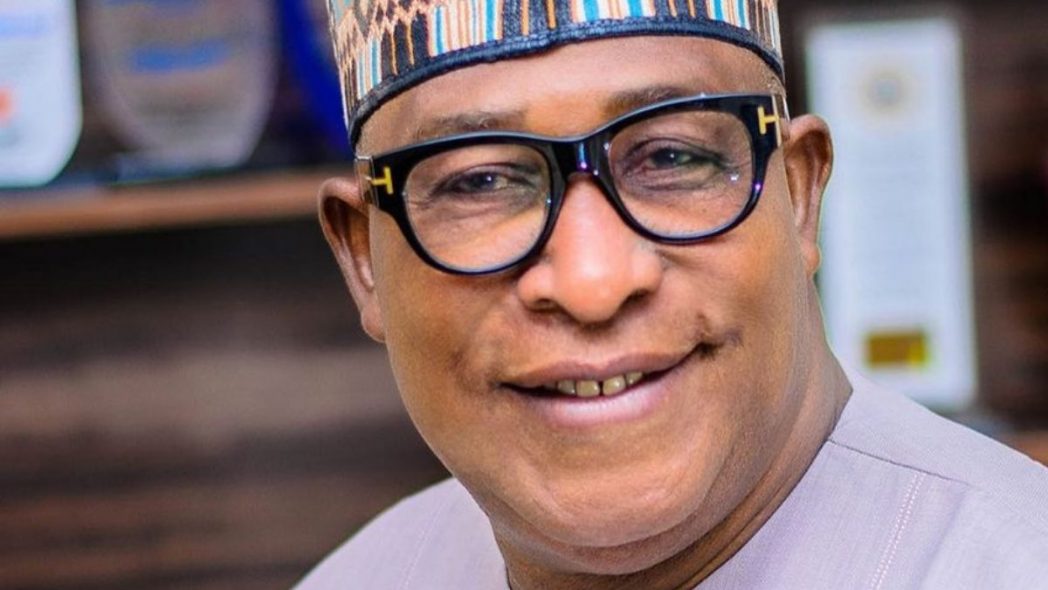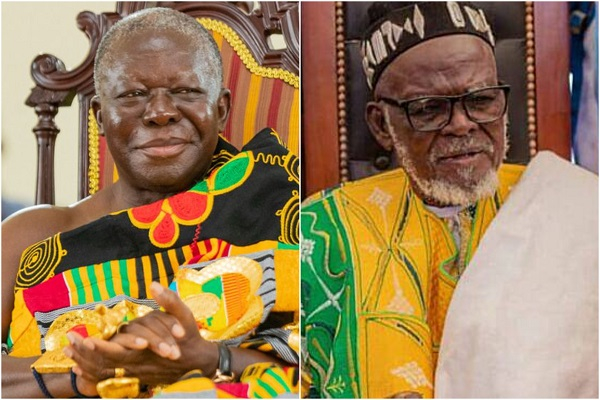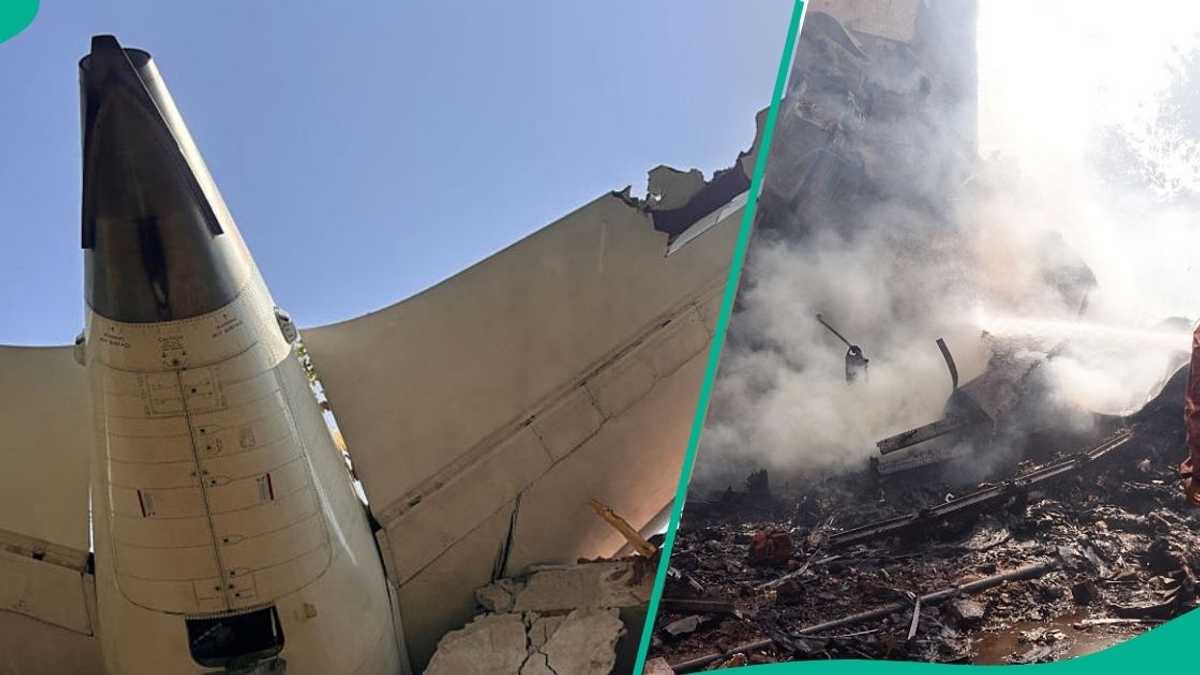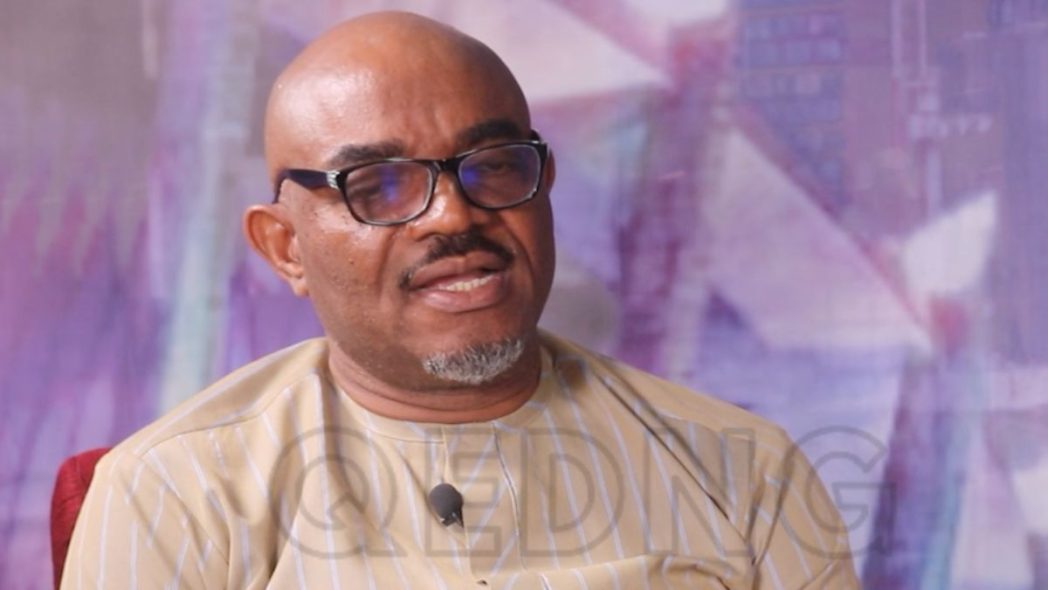The West Must Scale Up or Lose the Clean Tech Race
A new global industrial race is underway—not for oil, gas, or gold—but for dominance in clean technology. From solar manufacturing and battery storage to green hydrogen and electric vehicles, the backbone of tomorrow’s economy is being assembled today. China has taken an unassailable early lead. The West is lagging. And for Africa—especially nations like Kenya, Nigeria, and South Africa—the outcome holds profound implications. Whether the West can scale up its engagement will determine not just who leads the global energy transition, but who Africa chooses to partner with in shaping its development path.
At present, China produces more than 80% of the world’s solar panels, refines the bulk of the critical minerals used in batteries, and dominates the electric vehicle supply chain. The United States and European Union have launched ambitious policies—the U.S. Inflation Reduction Act and the EU’s Net-Zero Industry Act—but they remain mired in domestic politics, high production costs, and fragmented supply chains. For African countries, this disparity is tipping geopolitical alignment toward China—not out of ideological loyalty, but out of practical necessity.
Across Africa, Chinese clean tech is arriving at scale. Solar mini-grids in Malawi, electric bus fleets in Kenya, battery storage systems in Nigeria—these are being delivered affordably, swiftly, and often bundled with financing. Western companies struggle to compete, hampered by bureaucratic processes, higher costs, and minimal boots on the ground.
This growing imbalance is not just an industrial challenge—it’s a strategic one. Africa is eager to diversify its energy partnerships and industrialise locally. Yet viable Western alternatives are few and far between. This is a missed opportunity. Africa is not merely a passive consumer of clean tech; it is central to its value chain.
Consider this: the Democratic Republic of Congo produces 70% of the world’s cobalt. Zimbabwe and Namibia are rich in lithium. Kenya, Egypt, and Morocco have vast solar and wind resources. With the African Continental Free Trade Area (AfCFTA) coming into force, there is a genuine chance to build intra-African supply chains for batteries, electric vehicles, and solar components.
But this promise will remain unfulfilled if Africa continues to export raw minerals and import finished products. To escape this pattern, the West must shift from rhetoric to real investment in African manufacturing. That means co-financing gigafactories, supporting mineral beneficiation at source, and entering long-term partnerships with African enterprises. Clean tech development should not be viewed as aid—it is a strategic move to diversify global supply chains.
For Western investors and development finance institutions, the business case is compelling. Africa’s population is set to double by 2050. Energy demand is rising rapidly. Urbanisation is accelerating. Distributed solar, battery storage, and electric transport are not climate luxuries—they are economic necessities. Kenya, which already generates more than 90% of its electricity from renewables, is well-positioned to anchor regional clean tech hubs. So are countries like Rwanda, Morocco, and South Africa. But what they need is scale—not pilot projects.
There are signs of progress. The EU’s Global Gateway Initiative is pledging clean energy partnerships. The U.S. Development Finance Corporation is backing solar and battery storage ventures. Yet these efforts remain piecemeal and sluggish when compared to China’s coordinated, state-backed approach. In infrastructure, speed and certainty matter—especially when decisions last decades.
Moreover, dependence on a single supplier for clean tech carries risks. As clean energy systems become the foundation for transport, industry, and digital services, any disruption—whether political or economic—could ripple across entire economies. Africa’s energy future must be grounded in resilience, competition, and regional self-sufficiency. That requires the West to show up—and compete.
China has placed its bet and is executing at scale. If the West wants to be a credible partner in Africa’s industrial future, it must respond with the same seriousness. That means investing in manufacturing, speeding up delivery, and co-creating solutions with African nations. Clean tech is no longer just a climate issue—it is about who builds, owns, and governs the infrastructure of tomorrow.
The West cannot afford to remain stuck in boardrooms while factories are breaking ground elsewhere. In this race, scale is not optional—it is the threshold for influence. Africa’s ideal scenario is not to choose between superpowers, but to attract competitive offers from many. That will only happen if the West proves willing to invest—not only in energy, but in Africa’s industrial capacity.
In the coming decade, those who power Africa’s green transition will also shape its economic ascent. The West must choose: be part of that future—or watch it unfold from behind.










